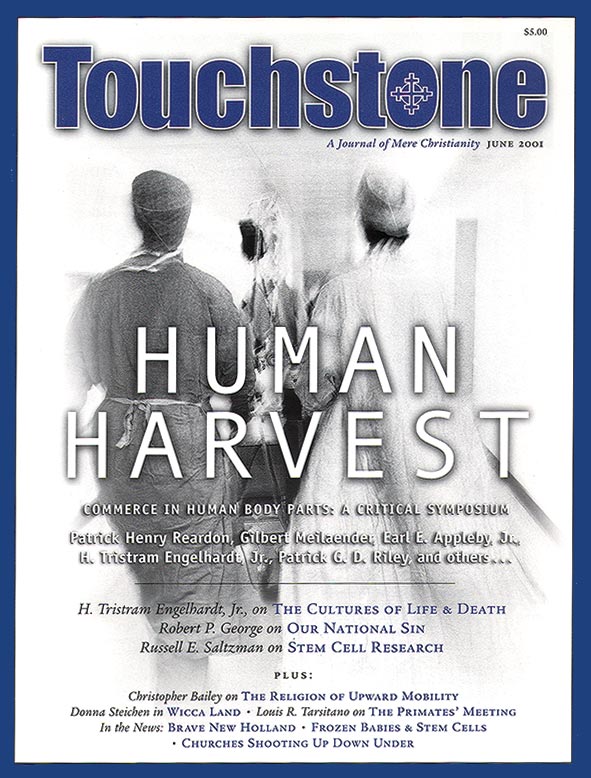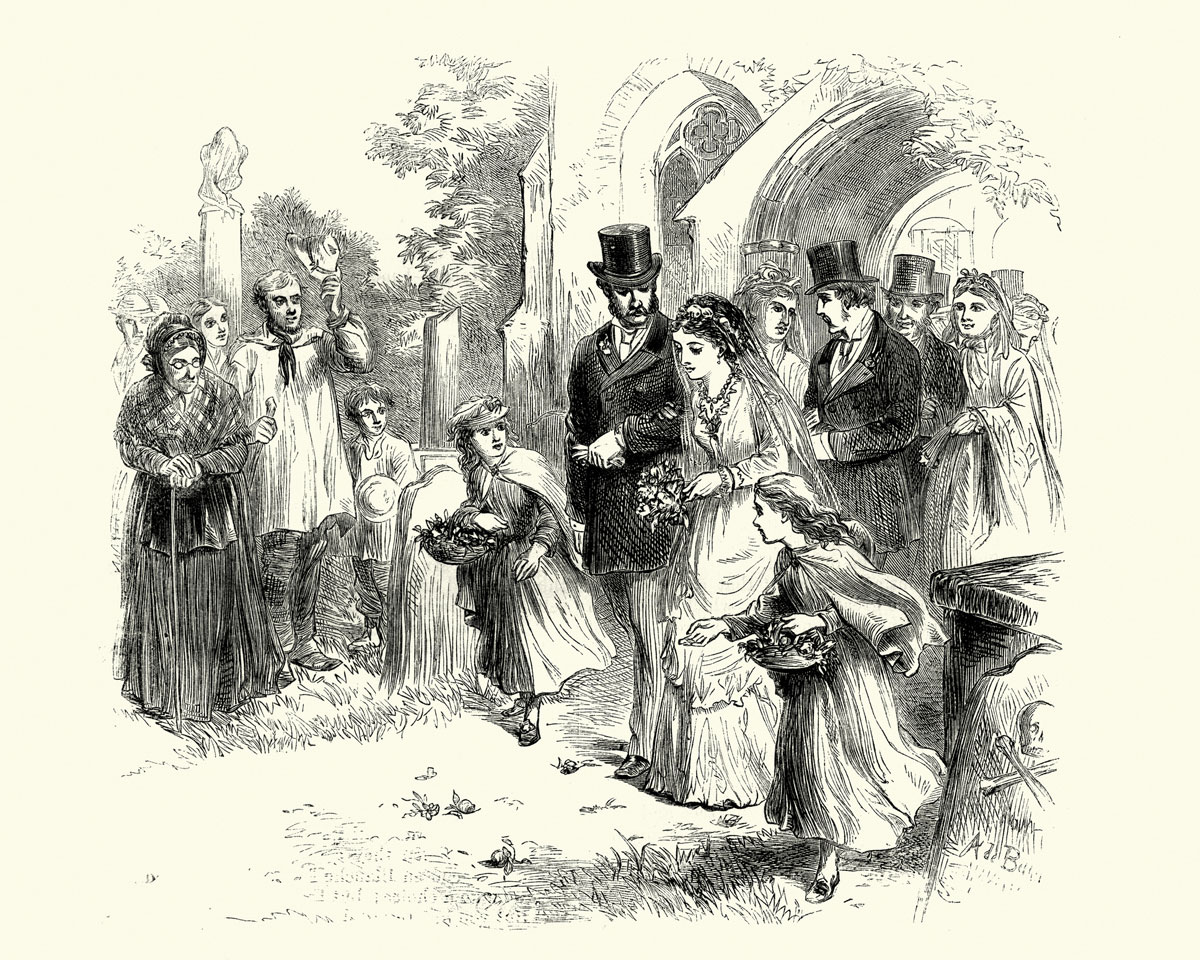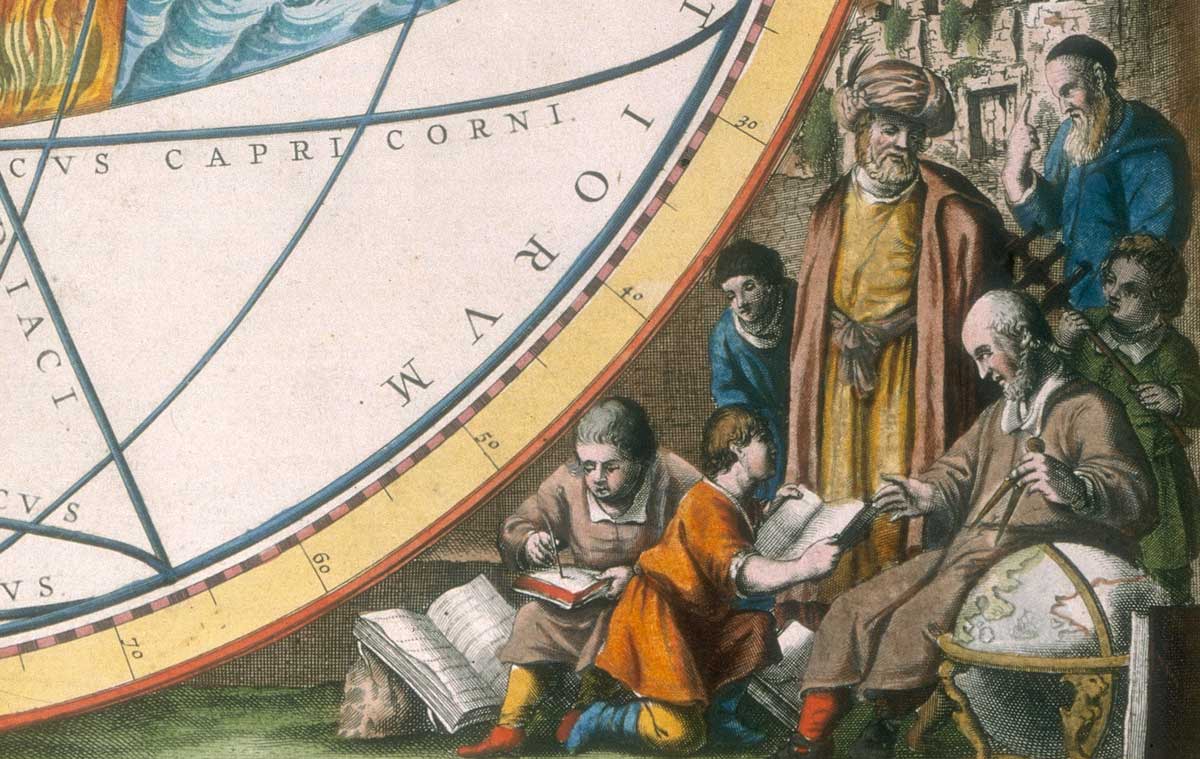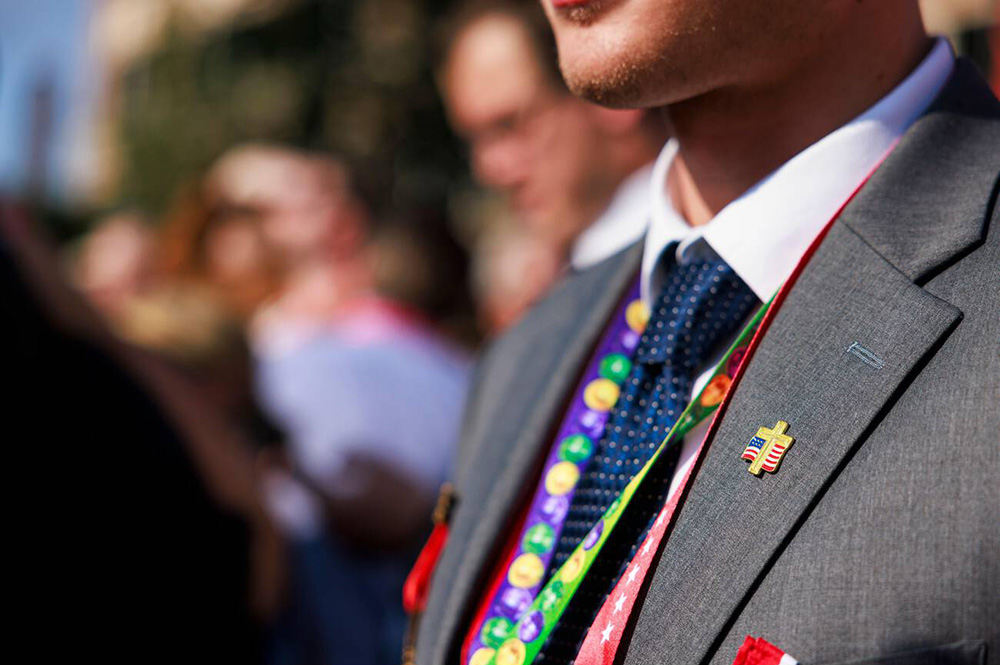Human Harvest
Commerce in Human Body Parts: A Critical Symposium
presented by Patrick Henry Reardon
This symposium is formed of two parts, the first of which is a short article of mine, “The Commerce in Human Body Parts: An Eastern Orthodox View,” that appeared last year in Christian Bioethics: Non-Ecumenical Studies in Medical Morality, a journal published in Holland. That article was itself a response to several others that were printed in the same issue (Volume 6, 2000, No. 2), all of them dealing with the ethical questions raised by the prospect of the commercialization of human body parts for purposes of medical transplant. Of the articles in that particular edition of Christian Bioethics, mine was the only one that argued, as a matter of uniform principle, against such commercialization. My article is reprinted here with the permission of Christian Bioethics.
The second part of the present symposium, which appears here for the first time, is formed by seven responses to my article from other Christian thinkers and writers enjoying some expertise of a moral and/or medical nature. These include four Roman Catholics, one Lutheran, one Anglican, and one Eastern Orthodox. The list likewise contains one bishop, one abbot, and three physicians. Unlike those in the aforementioned edition of Christian Bioethics, all the writers presented in this symposium stand opposed to the commercial use of human body tissue. At the same time, as the reader will see, most of them do take issue with some aspect or other of my own argument on this question, or with one another. Several of these writers raise, in particular, the more radical question of whether the very idea of transplanting vital organs from a dead body is biologically possible, or whether it does not involve even a logical contradiction.
I added some closing remarks at the end of these critical reflections.
The Commerce in Human Body Parts
An Eastern Orthodox View
by Patrick Henry Reardon
I do not intend, in these reflections, to provide full answers to the many moral questions raised by the advanced surgical procedures and other medical technologies that have, in recent years, rendered the transplanting of human organs more available than even our immediate past could have imagined possible. I have been asked, rather, to proffer an Eastern Orthodox response to the specific proposals recently advanced.
In order to do this, I propose to provide what I think to be a necessary doctrinal context in which Eastern Orthodox Christians typically assess matters of this kind. That is to say, I will begin the ethical discussion with doctrinal theology. Eastern Orthodox Christians have no trouble accepting the bon mot of Hans Urs von Balthasar: “Ethics is an echo and a thanksgiving for theology.”
Narrative being my normal and preferred form of moral discourse, I plead to begin this outline with a personal story. It involves a memory from distant childhood—what was probably my first attendance at a funeral. I must have been 6 or so, I think, and most of that liturgical service is a hazy blur in my mind now. I recall vividly, nonetheless, that what struck me most about that burial rite was its use of incense. I was quite surprised and more than slightly puzzled to see our pastor, clothed in black brocade vestments, walking around the casket three times, waving the smoking censer over the dead body repeatedly with the deepest and most intentional reverence.
This action not only made a strong impression; it also posed to my young mind a rather serious question of liturgical propriety. My experience of the liturgical worship up to that point in my young life had prompted me to associate the burning of incense solely with the veneration of the Holy Eucharist. I had never seen a censer or the smoke of incense except in the context of the Blessed Sacrament of the Altar. Why, then, I wondered, would a dead body be venerated with the wafting of incense smoke, treated like the Holy Communion, as it were? What could this ritual possibly mean in such a context? My father being away at the time (making life hazardous for the Japanese army in such places as Guam and Okinawa), I took this theological question to my mother.
Patrick Henry Reardon is pastor emeritus of All Saints Antiochian Orthodox Church in Chicago, Illinois, and the author of numerous books, including, most recently, Out of Step with God: Orthodox Christian Reflections on the Book of Numbers (Ancient Faith Publishing, 2019).
subscription options
Order
Print/Online Subscription

Get six issues (one year) of Touchstone PLUS full online access including pdf downloads for only $39.95. That's only $3.34 per month!
Order
Online Only
Subscription

Get a one-year full-access subscription to the Touchstone online archives for only $19.95. That's only $1.66 per month!
bulk subscriptions
Order Touchstone subscriptions in bulk and save $10 per sub! Each subscription includes 6 issues of Touchstone plus full online access to touchstonemag.com—including archives, videos, and pdf downloads of recent issues for only $29.95 each! Great for churches or study groups.
Transactions will be processed on a secure server.
more on medicine from the online archives
more from the online archives
calling all readers
Please Donate
"There are magazines worth reading but few worth saving . . . Touchstone is just such a magazine."
—Alice von Hildebrand
"Here we do not concede one square millimeter of territory to falsehood, folly, contemporary sentimentality, or fashion. We speak the truth, and let God be our judge. . . . Touchstone is the one committedly Christian conservative journal."
—Anthony Esolen, Touchstone senior editor










